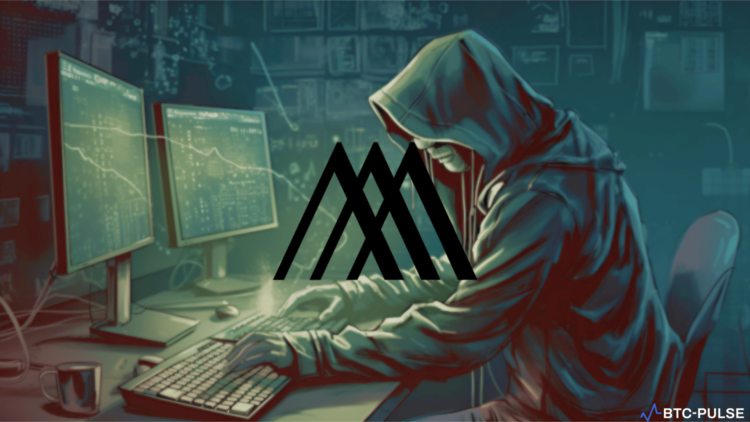Arcadia Finance: A Victim of Code Exploit
A hacker drained approximately $455,000 from non-custodial decentralized finance (DeFi) protocol Arcadia Finance by exploiting a code vulnerability.
The Role of Unverified Inputs
Blockchain investigator PeckShield alerted about the hack on Arcadia Finance, pointing out the cause as “the lack of untrusted input validation.” The code supposedly lacked a validation mechanism to cross-check unverified inputs. This loophole allowed the hacker to drain funds worth roughly $455,000 from Ethereum (darcWETH) and Optimism (darcUSDC) vaults collectively.
Arcadia’s Reaction and Next Steps
Arcadia Finance confirmed the hack two hours after PeckShield’s intimation and subsequently paused the contracts to prevent further bleeding of funds.
Possible Future Threats
While the investigations are underway, Arcadia’s code houses another vulnerability, which could prove catastrophic for the protocol if exploited. According to PeckShield:
“In addition, there is a lack of reentrancy protection, which allows for the instant liquidation to bypass the internal vault health check.”
Breakdown of Stolen Funds
The majority of the stolen funds — approximately 180 Ether — were from Optimism, and have been washed via Tornado Cash. However, the stolen tokens — worth over $103,000 at the time of writing — on Ethereum remain parked at the suspected wallet address.
Crypto Hacks and Losses in Q2 of 2023
In Q2 of 2023, hacks and exploits in the crypto space resulted in a cumulative loss of over $300 million. A report by blockchain security company CertiK showed that a total of 212 security incidents were recorded in the quarter, resulting in a loss of $313,566,528 from Web3 protocols.
Comparative Analysis with Previous Year
When compared to the previous year’s Q2 data, CertiK found that the crypto hacks declined by 58%. Out of the lot, BNB Chain recorded the most incidents, with 119 incidents leading to $70,711,385 in losses.
Conclusion: The Ongoing Battle for Blockchain Security
The exploit that led to the Arcadia Finance hack is a stark reminder of the inherent vulnerabilities in DeFi protocols. Despite the significant reduction in the number of hacks when compared to last year, the magnitude of losses still remains substantial.
Blockchain protocols, while revolutionary, need continuous refinement in their security frameworks. The Arcadia Finance incident underscores the necessity for thorough input validation mechanisms and reentrancy protection in these protocols. The existence of additional potential vulnerabilities is particularly concerning, indicating that further work is needed to safeguard these innovative platforms from future attacks.
As the crypto space continues to evolve and mature, security measures must keep pace. DeFi protocol developers and blockchain security firms must work in tandem to identify potential loopholes and fortify the defenses, ensuring the integrity of the blockchain ecosystem. For users, it is a reminder to always perform due diligence when choosing a DeFi platform and to understand the associated risks.
Investing in cybersecurity is no longer optional but a crucial necessity in the rapidly growing crypto space. As we move forward, these incidents serve as critical lessons for both DeFi protocol developers and users, emphasizing the importance of fortifying and enhancing security measures to prevent such attacks in the future.










